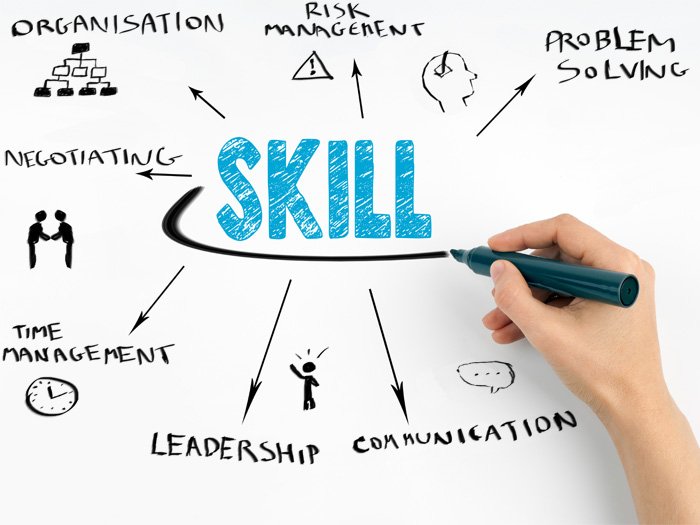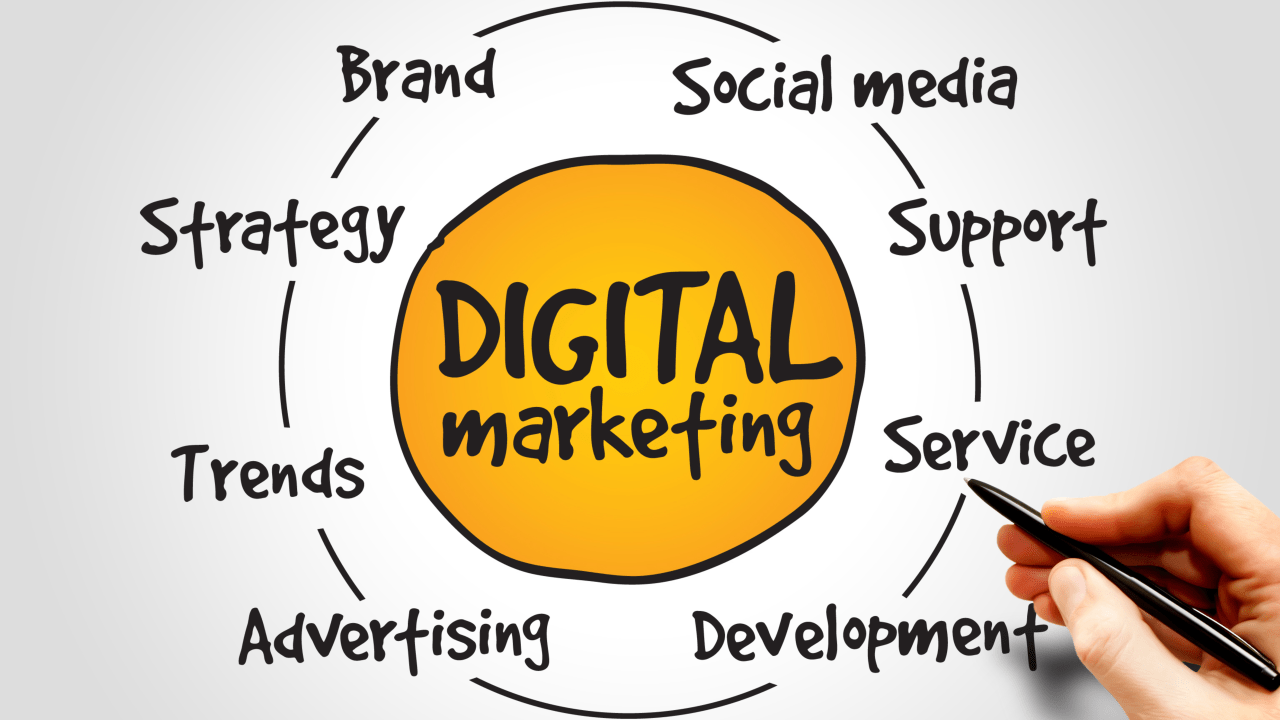Being a digital marketing assistant requires a diverse set of skills, as the role encompasses various task in content creation, data analysis, social media management,& more. Here are the essential skills needed for success:
1. Communication Skills:
. Digital marketing assistants need to convey ideas clearly & effectively in both written & verbal forms. Whether it's drafting social media posts, creating email campaigns, or communicating with team members, strong communication skills are key.
. Why it matters: Clear messaging ensures marketing campaigns resonate with the target audience & help maintain consistent branding across platforms.
2. Creativity:
. Creativity is essential in developing compelling content for websites, blogs, social media, & email campaigns. From writing engaging copy to designing eye-catching graphics, a creative mindset will help you create content that grabs attention & DRIVES ENGAGEMENT.
. Why it matters: Creative content helps differentiate brands in a crowded digital space & keeps audiences interested.
3. Data Analysis & Interpretation:
. A digital marketing assistant must be comfortable working data interpreting insights from tools like Google analytics, & making data-driven decisions. You'll often analyze website traffic, email open rates, & social media metrics to track campaign performance.
. Why it matters: Data is at the heart of digital marketing. Understanding trends & metrics allows you to optimize campaigns & improves results over time.
4. Social Media Savvy:
. Social media is a crucial part of digital marketing. A digital marketing assistant should be adept at managing various platforms like Facebook, Instagram, Twitter, Linkedln, & more including creating posts, scheduling content, & interacting with the audience.
. Why it matters: Social media is often the first point of contact between brands & their audiences, making it an essential area for engagement and brand visibility.
5. SEO Knowledge:
. Understanding SEO is critical for creating content that ranks well in search engines. Knowing how to optimize on-page elements (headlines, meta descriptions, keyword usage) is essential for driving organic traffic to websites.
. Why it matters: SEO helps ensure content reaches a larger, relevant audience, ultimately improving brand visibility & traffic.
6. Attention to Detail:
. In digital marketing, small errors-whether in copy, design, or campaign execution-can have significant negative effects. Having a keen eye for detail ensures that all content & campaigns are polished & error-free.
. Why it matters: Accuracy & consistency in content help maintain a professional image & enhance the user experience.
7. Project Management Skills:
. Digital marketing assistants often juggle multiple tasks and deadlines, so effective time management & the ability to prioritize work is crucial. Using project management tools like Trello, Asana, or Monday.com can help stay organized.
. Why it matters: Being organized ensures that campaigns run smoothly, deadlines are met, & work doesn't pile up.
8. Technical Proficiency:
. Digital marketing assistants should be comfortable with various tools and platforms, such as email marketing software (Mailchimp, Send-Grid), social media schedulers & content management systems ( Word-press, Shopify).
. Why it matters: Proficiency with tools makes the assistant more efficient, allowing for smoother execution of marketing campaign.
9. Adaptability:
. The digital marketing world is constantly changing with new trends, technologies, & algorithms. A successful digital marketing assistant should be adaptable, staying up to date with the latest marketing trends & willing to experiment with new strategies.
. Why it matters: Adaptability ensures that your marketing strategies stay relevant & competitive in a fast-evolving digital landscape.
10. Collaboration & Teamwork:
. Digital marketing assistants often work with other departments (e.g., sales, creative, design) to ensure that campaigns align with overall business goals. Being a team player is essential to successful cross-functional collaboration.
. Why it matters: Collaboration helps create cohesive & aligned marketing strategies, which lead to better results.
<a href="https://www.usalistingdirectory.com/index.php?list=top">Free Online Directory</a>




Comments
Post a Comment